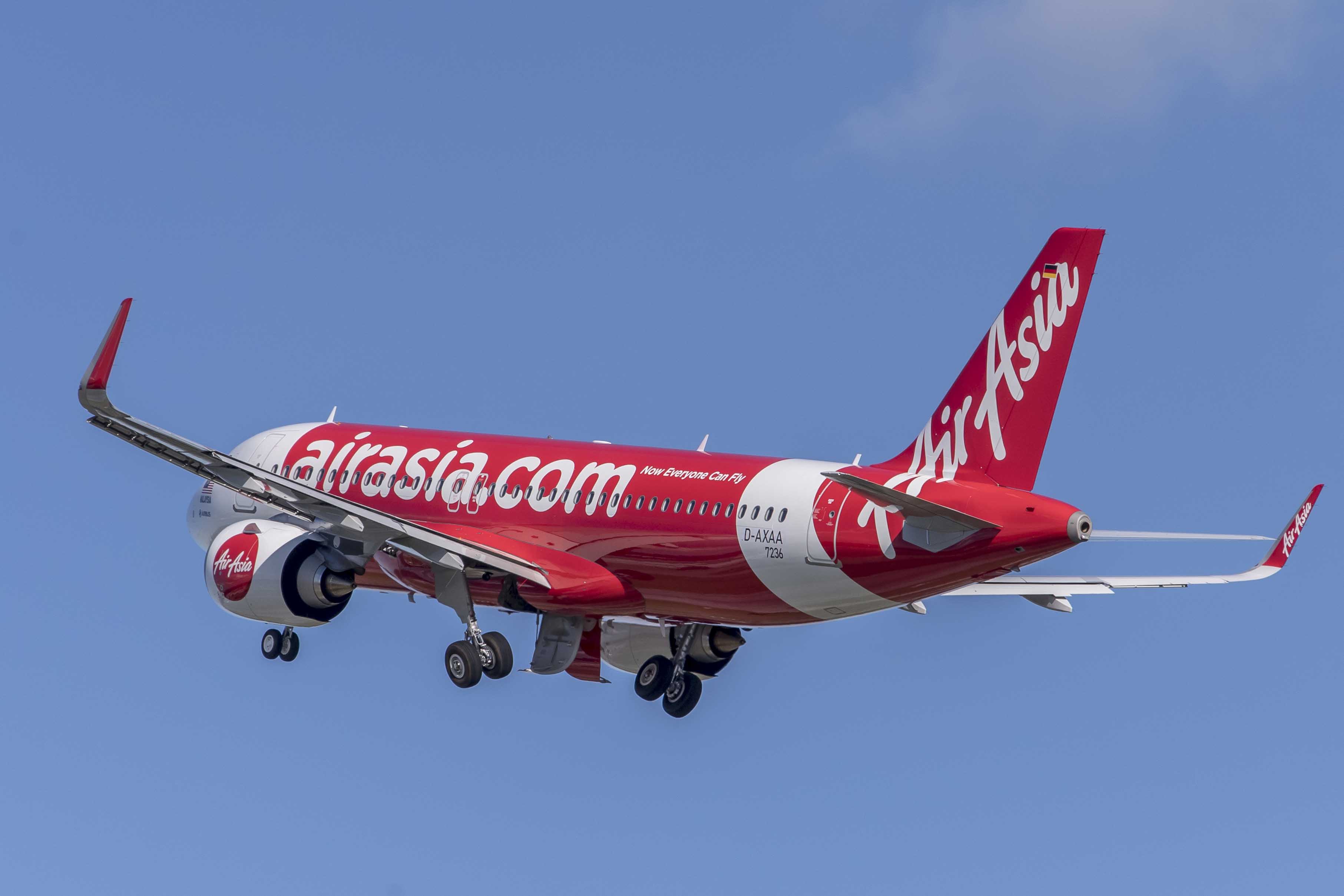AirAsia has said it is "taken aback" by the Malaysian High Court's decision to order the group to pay MYR40.73 million ($9.9 million) for outstanding Passenger Service Charges (PSC) to Malaysia Airports (Sepang) Sdn Bhd (MASSB).
AirAsia founders Tony Fernandes and Datuk Kamarudin Meranun said: “AirAsia strongly believes that the court has erred and we will appeal this decision. AirAsia will apply for a stay of execution and challenge MASSB’s and its parent Malaysia Airports Holdings Berhad (MAHB’s) actions - which we maintain are a burden on all travelling Malaysians - until we exhaust all avenues available under the law.
“We would like to reiterate that these legal challenges are not simply a matter between AirAsia and MAHB. In the event we lose in the highest courts of appeal, it is passengers especially Malaysian travellers who will have to pay the differential MAHB is charging. We believe that the people of Malaysia should have the right to a fair deal,” they added.
AirAsia CEO Fernandes has posted photos on Twitter showing his displeasure at the work including uneven parking aprons at Kuala Lumpur International Airport (KLIA) Terminal 2.
Elsewhere, AirAsia has revealed its operating statistics in the group's second quarter of 2019.
Passengers carried for the quarter was recorded at 12.8million, an 18% growth year-on-year, resulting in a load factor of 85%.
Available Seat Kilometres (“ASK”) grew 17% YoY, as the group continued to expand its network through the strategic addition of new routes and increased frequencies to domestic and international destinations.
AirAsia Malaysia capacity grew 13%, from the same period last year - 11% more or 8.8million passengers carried in the quarter. Load factor remained strong at 84%.
AirAsia Indonesia added 56% more capacity in 2Q2019, following the transfer of eight aircraft in the fourth quarter of 2018.
AirAsia Philippines added an additional 18% capacity in the second quarter of 2019 on increased frequencies of domestic routes.
AirAsia Thailand reported capacity growth of 8% which was backed by a 5% growth in passengers carried year-on-year. ASK grew 12% on capacity for routes to China, Indochina and India. Load factor was recorded at 83%.

